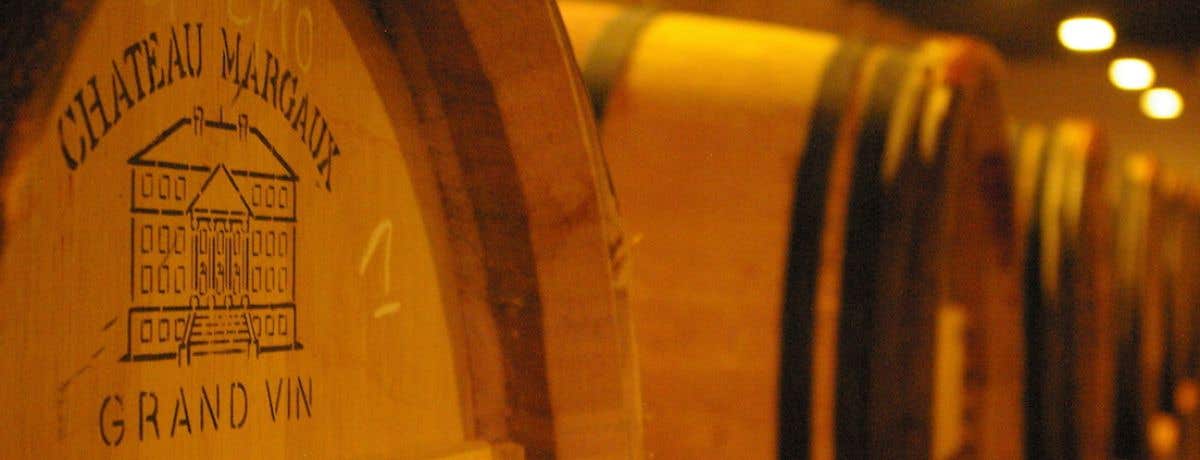Bordeaux

Bordeaux is France's most important weapon in the wine war. This large, south-western wine region, ruled by the English for 200 years in the Middle Ages, produces more AC wine than any other. About half of all the wine produced in the sprawling Bordeaux region qualifies for its most lowly appellation, simple AC Bordeaux, whose quality varies from vapid red wine to serious, oak-aged, château-bottled liquids made by quality-conscious individuals exasperated at how little money they can get for a wine made outside Bordeaux's superior appellations. Total production is around 900 million bottles a year, dwarfing all other French wine regions except Languedoc-Roussillon. Red wines outnumber white by about 10 to one.
The produce of most of these appellations' finest wine estates, usually called châteaux, is not only quite exceptionally good and long-lasting, but also available in much larger quantities than other top wines. It is no wonder that the world has heard of Châteaux Lafite, Mouton Rothschild, Latour, Margaux and Haut-Brion, the famous five 'first growths' in the top division of the famous 1855 classification.
In many ways Bordeaux still feels like a separate kingdom from the rest of France. Financially secure, except perhaps at the very bottom of the wine ladder, where prices paid to producers have steadily declined and some have gone out of business, the region is very much directed towards the Atlantic and the outside world. Its agriculture is dominated by neat, carefully-tended vineyards, a significant number of which belong not to locals but to insurance companies, banks or absentee landlords based in Shanghai, Tokyo, Paris, New York and elsewhere.
Perhaps the most significant development in the Bordeaux of the last 20 years has been the increasing number of seriously dedicated producers in Bordeaux's less glamorous appellations, Bordeaux AC, Côtes de Bordeaux (which can be prefixed by any of Blaye, Bourg, Côtes de Bourg, Cadillac, Castillon and Francs), Fronsac, Lalande de Pomerol, Médoc and the satellite appellations with St-Émilion in their name for reds, and Bordeaux, Entre-Deux-Mers, and Blaye for dry whites. Their wines usually fetch a mere fraction of the classed growth prices, but properties such as those listed below offer Bordeaux's best current value.
Some favourite producers: Chx Belcier, Belgrave, Bertinerie, Bonnet, Carsin, Chantegrive, Chasse Spleen, Côte-Monpézat, Fontenil, de Francs, Haut-Marbuzet, Haut-Rian, Jonqueyres, Juge, Monbadon, Parenchère, Potensac, Puygueraud, Reynier, Reynon, Roquefort, du Seuil, Sociando-Mallet, Suau, Tanesse, Thieuley, Tour-Carnet, Tour-de-By, Tour de Mirambeau, Tour-du-Haut Moulin.
See Bordeaux.com for more information on this region.